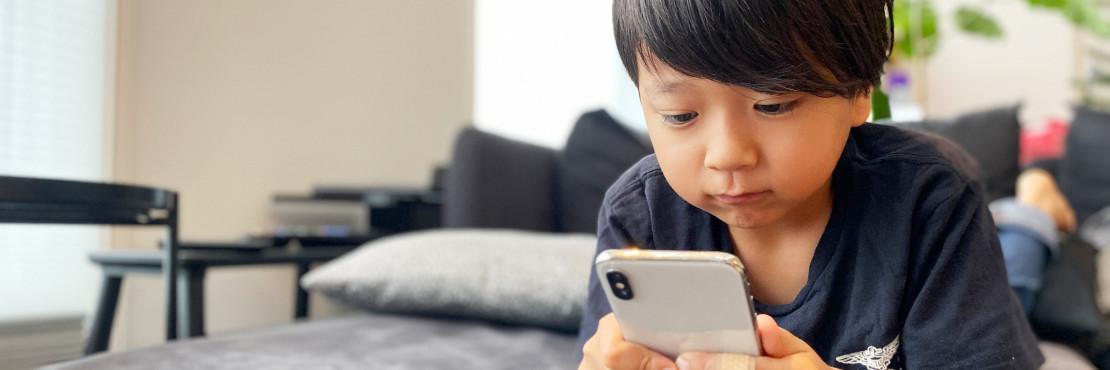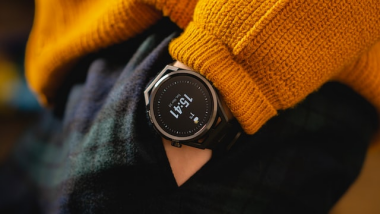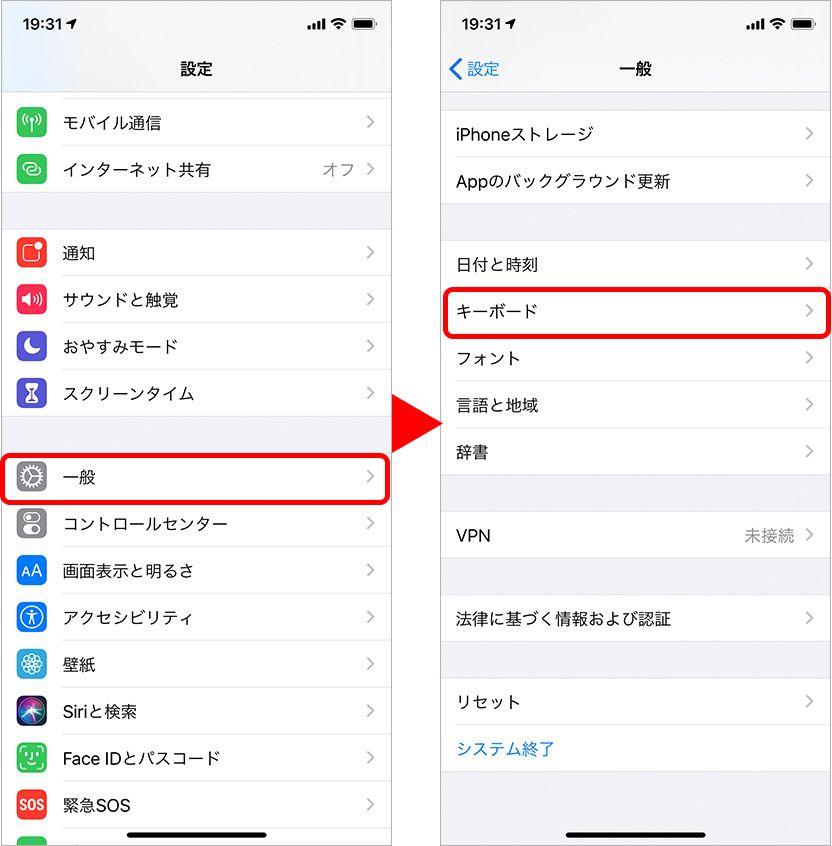Are too strict restrictions on the use of online games counterproductive? "Parental control" recommended by experts
Parental control is an effort by parents to monitor and restrict children's use of information communication devices such as computers, mobile phones, smartphones, and game consoles.
Recently, devices such as smartphones, tablets, and game consoles are equipped with restriction functions to monitor and manage children so that they can use them safely. The contents of the functions differ depending on the device, but they range from restricting access to inappropriate sites, checking the child's location information, restricting purchases and downloads, and setting usage time.
Among them, this time, I will explain how to use parental control to prevent children from playing smartphones and games too much.
Take note that too strict restrictions can have the opposite effect
In the case of adolescent children, too strict rules regarding Internet use and parental supervision are risk factors for Internet game addiction. Research has shown that it can (1). In addition, in a survey of children aged 10 to 12, it was reported that the degree of dependence on smartphones was so high that children perceived parental control by their parents (2). From these studies, it is necessary to be careful because excessive restrictions by parental control may promote dependence.
On the other hand, in order to prevent children from becoming dependent on the Internet, it is important for parents to be involved to some extent, such as watching their children's behavior and discussing Internet use, instead of not being involved in their children's Internet use at all. is also known (3).
When using parental control, instead of relying on it or taking it as an absolute, you should be prepared to use the parental control function as a supplementary means while keeping communication with your child as the foundation. is considered to be good.
For more information on parental involvement in internet addiction, please see this article.
Internet addiction and family relationship What we can do as parents
Using for monitoring
With parental control, you can monitor how long your child is using a smartphone, the time period, the apps they are using, and their browsing history on the web. increase. On iPhone and iPad, you can check the usage status in Screen Time. You can see how many hours a day your child uses their smartphone, as well as the usage time for games, SNS, and other apps that tend to be used for a long time. Even on game consoles such as Nintendo Switch, parents can check the amount of time they have played in a day and the games they have played within the app.

As a recommended way to use it, parents should try to make time to check the screen time with their children about once a day, instead of keeping track of the screen time without telling their children.
I think that even adults have experienced that when using a smartphone, a considerable amount of time has passed without realizing it. In fact, it is difficult to subjectively grasp how much time is spent. If you look at the usage time objectively, you may notice that it is surprisingly long. By making it a habit to check together, you can encourage your child to notice when he or she is using too much.
Also, it is also possible to pay attention to what is going well and what is working hard, such as using smartphones for less time on days when children work on their studies, or using them within the set rules. Please do not forget. By confirming what you are doing, you may be more positive about your child's interaction with the device.
If overuse continues, instead of blaming the child, ask the child's thoughts and feelings, "I'm worried that I spend a lot of time watching videos these days. What do you think?" Parents and children should think together about ways to improve and increase fun activities other than the Internet while listening carefully.
Using it as a supplement to rules for use at home
In order for children to be able to follow the rules set at home regarding the use of the net and games, it is not a question of enthusiasm or guts, but of ease of adherence. How to create the environment is important.
For example, let's say that parents and children discuss and decide that the game should be played for 2 hours a day. At that time, it is a good idea to set the watch function of the game console to shut down after a little extra time, such as 2 hours and 30 minutes. In the case of games, it is difficult to finish the game on time during the game, so it is recommended that you discuss this with your child and set it so that there is some leeway.
If you don't make these settings and just make verbal promises, both parents and children will have more and more days to procrastinate saying "Is today okay?", and the rules may be broken. In order to effectively operate the rules you have decided, try setting the minimum parental controls according to the rules.
Also, if you have a rule to stop using devices such as smartphones at 21:00 at night, it is also effective to set the device to be unusable at that time. It is well known that using a smartphone before going to bed can make it difficult to fall asleep due to the effects of blue light and the preoccupation with games and videos. If your smartphone or tablet is always available at your bedside, you may find yourself touching your smartphone or reacting to notifications. You can prevent such a situation that you see casually.
However, as mentioned above, overly strict parental controls can lead to other problems, such as children hiding and lifting restrictions or lying to parents. Therefore, it is important to tell children in advance that they should consult with their parents if any problems arise or if they want to use the device beyond the rules.
And in fact, if there is a consultation that you want to extend today or there is something you want to charge with the app, if you say "no!" increase. First of all, I would like you to listen to your child's feelings and thoughts without denying or criticizing them. Consider the pros and cons and decide together.
While communicating with your child on a daily basis about how to use smartphones and games, try incorporating parental controls well.
Specifically, what kind of function is effective depends on the situation of each family and the characteristics of the child, so if you are worried, please consider consulting with an expert.
(1) Wu, C., Wong, H., Yu, K., Fok, K., Yeung, S., Lam, C., & Liu, K. (2016). Parenting approaches, family functionality,and internet addiction among Hong Kongadolescents. BMC Pediatrics, 16, 130.
(2) Lee, E., & Ogbolu, Y. (2018). Does parental control work with smartphone addiction?: A cross-sectional study of children in South Korea. Journal of Addictions Nursing, 29(3) , 128-138.
(3) Martins, M., Formiga, A., Santos, C., Sousa, D., Resende, C., Campos, R., Nogueira, N., Carvalho, P., & Ferreira, S. (2020). Adolescent internet addiction – role of parental control and adolescent behaviors. International Journal of Pediatrics and Adolescent Medicine, 7(3), 116-120.















